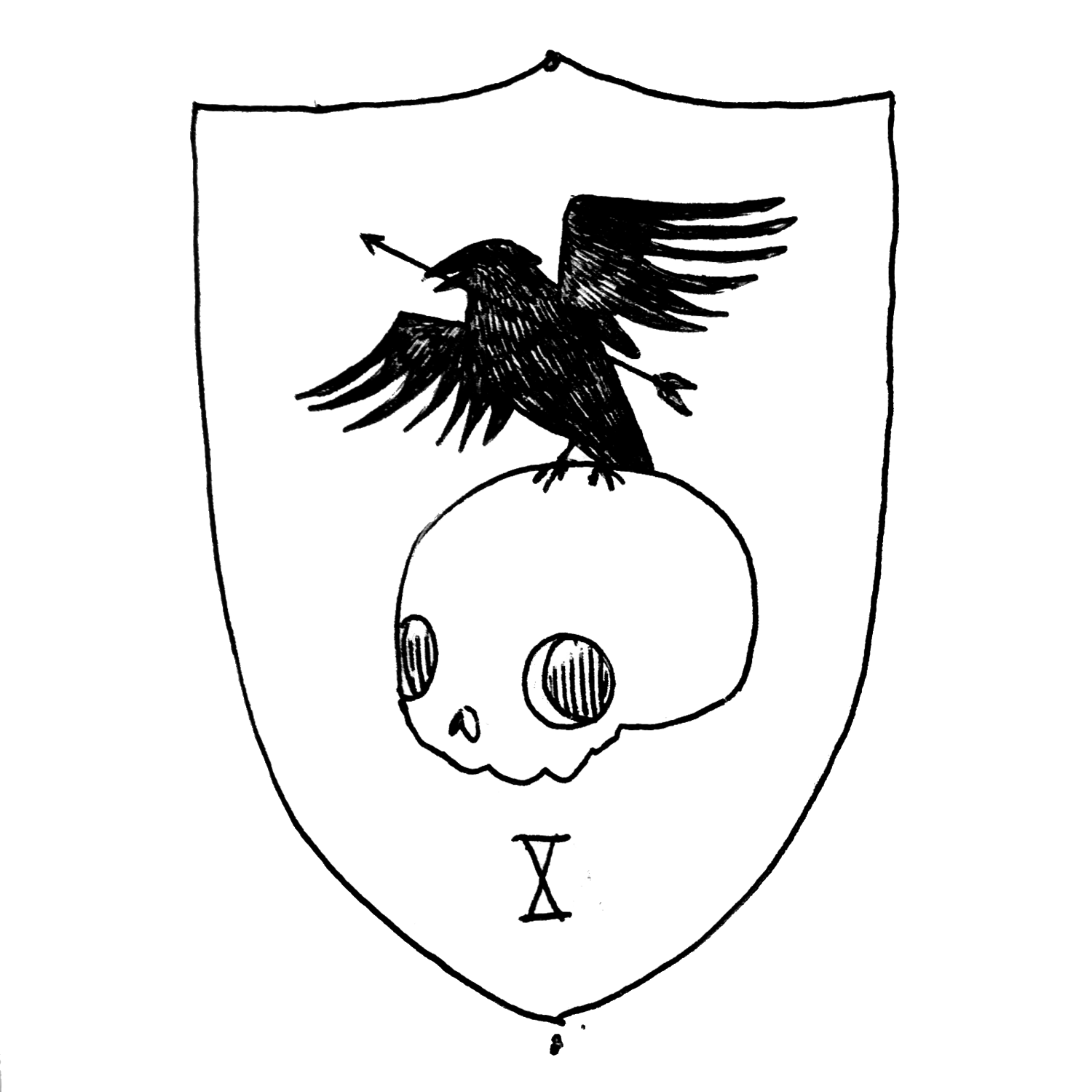Hearth Fantasy
I recently got an update to the Stonetop Kickstarter, and it is beautiful. Glancing through the documents started off a thought chain regarding Hearth Fantasy, and maybe the emphasis on my next campaign.
What is Hearth Fantasy?
Hearth Fantasy is based in your “standard fantasy setting” but the focus is on the interaction of the characters and the community they are a part of, rather than a band of wandering murder goblins, running amok, solving (and creating) problems. The characters are (whether they want to or not) connected to the local populace, and the community takes on a role in the fiction.
In a sense, Hearth Fantasy flips the script on traditional D&D play. No longer are the characters venturing out into the world to leave their mark. They are not passing through towns, cities, and kingdoms in a violent and hedonistic blur until they save the world from certain doom. Hearth Fantasy takes the narrative and turns local. The characters have decided to live in a single area, to build a life, heal, and make things grow. They have decided to be members of this community, to be connected, and ultimately choose a life of leadership and service. They can’t “just leave,” (as I often advise player characters in my current campaign).
All of the neighbors and their flaws, their violent pasts, and the giant bees they have tamed become the responsibility of the characters. Not only are there external threats like whispers of the creeping Spider Queen coming from the nearby old Blue Stone Fort, but there is also a layer of complexity from the community itself. Has the Blacksmith been tainted by the Spider Queen’s shadow? You can’t easily solve the problem with violence: he’s the brother of your cleric, a proud member of the militia, and the person who keeps the farming implements together, come harvest time. What would it mean for a town to no longer have the ability to fix their tools - or the adventurers’ swords?
The community isn’t a monolith, and some of the choices you need to make are not going to make everyone happy. Through these situations, the characters are forced to lead with their people in mind when they make their decisions.
As I grow a smidgen older, I find this framing appealing. In a world where “individual achievement” is over-celebrated, building and serving a community feels like a nice reprieve and an interesting take for a roleplaying game.
Along with a focus on the community, there are a lot of other changes that tweak the roleplaying experience for a Hearth Fantasy.
It’s rural. There is an unwritten assumption that the community is small and lives in a rural or “less civilized” location. A lot of the services and equipment just aren’t available for off-the-rack purchases. While Curse of the Crimson Throne may require the characters to care about the burgeoning city in an abstract way, and in a certain sense become mercenary members of the military community, it isn’t Hearth Fantasy because it takes place in a city, where there is most likely more than one of everything.
Lower power. The characters will have less potential than traditional RPG fare as the game will likely involve lower levels. For example, 5e notes that “local heroes” are levels 1-4. The god-like 20th-level wizard just isn’t going to directly solve the problems of a hamlet of 300 people. As a corollary to that, the stakes will generally be lower. The end of the world isn’t coming to your quiet town, at least not yet, but there will still be problems aplenty to deal with.
These things take time. In a “standard” game of D&D 5e, a hero can reach levels of godhood with a few months of solid adventuring. In Hearth Fantasy, the timescales are, generally, longer. Seasons change and years pass. Part of this is necessary to show how the Character’s actions shape and mold the community. It also shows how communities change over time.
It pushes against the D&D colonial past. The supposed end game for some older versions of D&D was to conquer a land of wilderness, kill or kick out all the creatures there (who are obviously evil and definitely not just minding their own business), build a stronghold, and bring the shining light of civilization to the land. A real manifest destiny vibe. Hearth Fantasy can offer an alternative to this. The gameplay isn’t about land clearance and castle building. It’s about ensuring the community you do have survives, generally by making alliances. You just don’t have the resources for direct confrontation.
Ok. I am interested. Where can I look for more?
The only two systems I know that cover this type of fantasy are Beyond the Wall and Stonetop. If you know more, or have thoughts about Hearth Fantasy, let me know in the comments.

